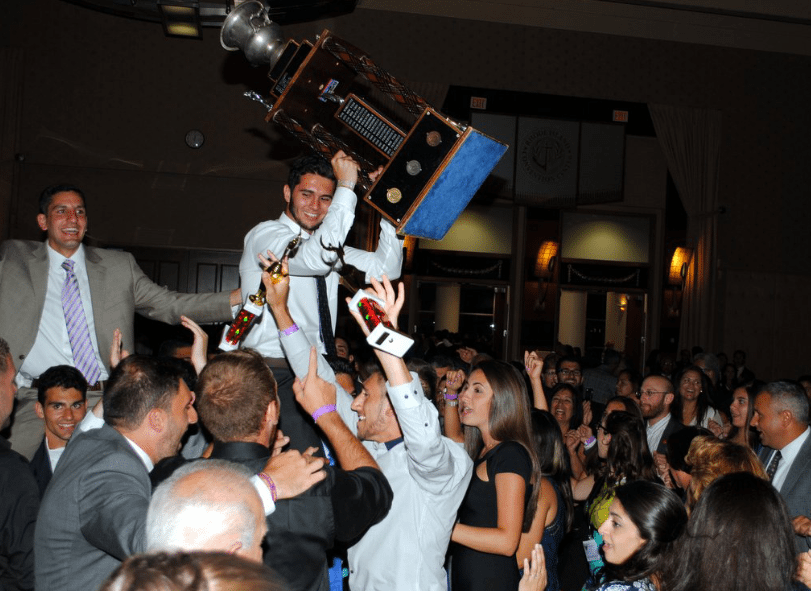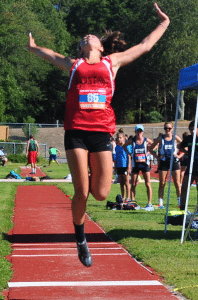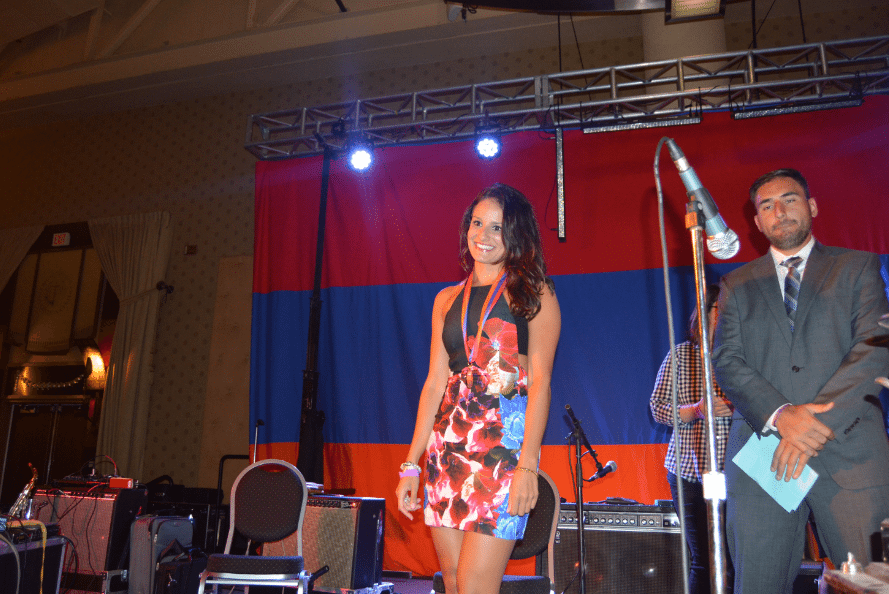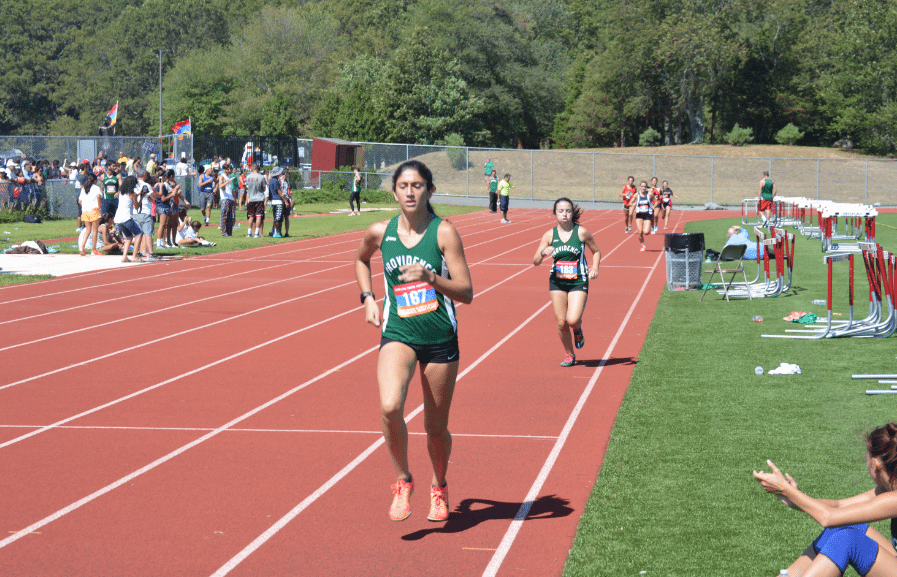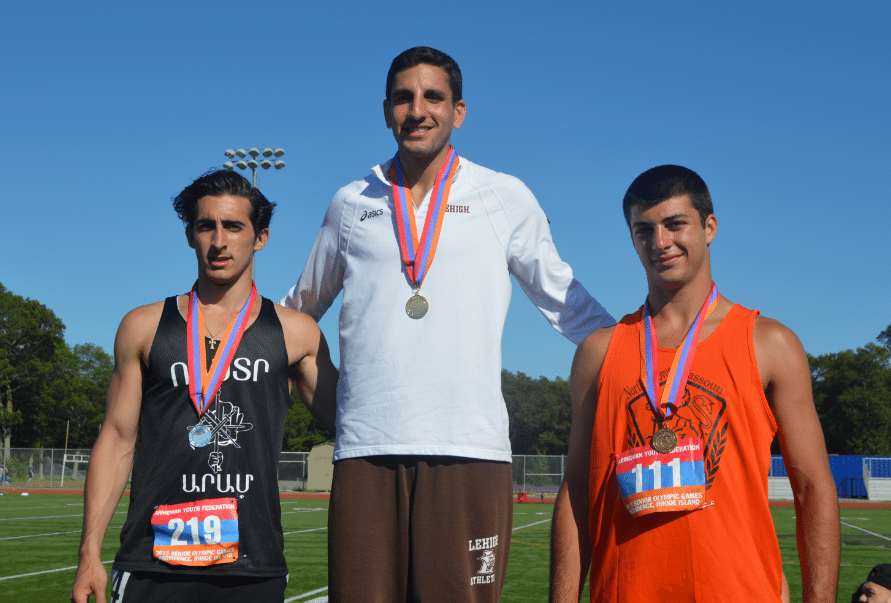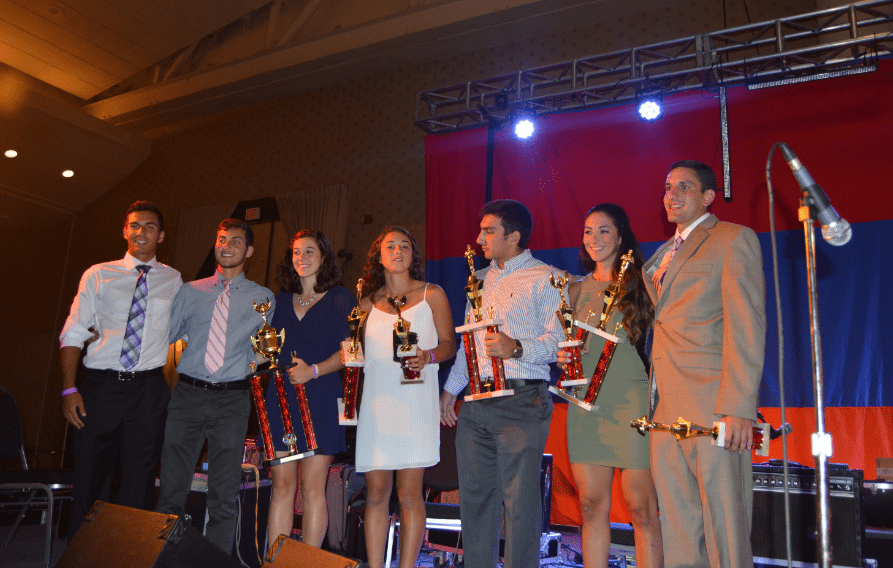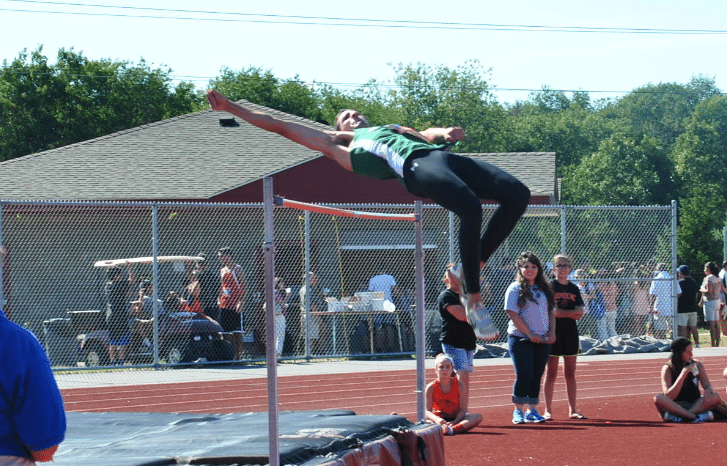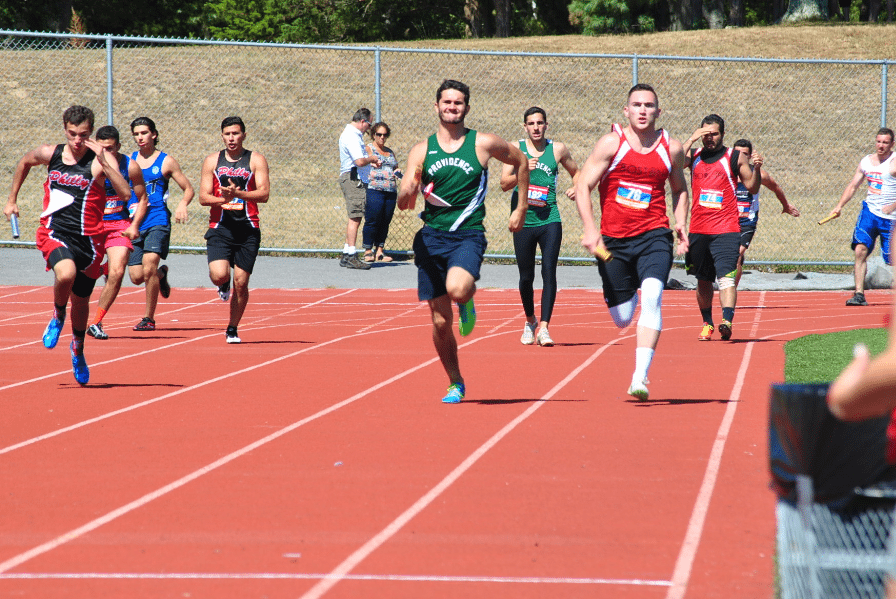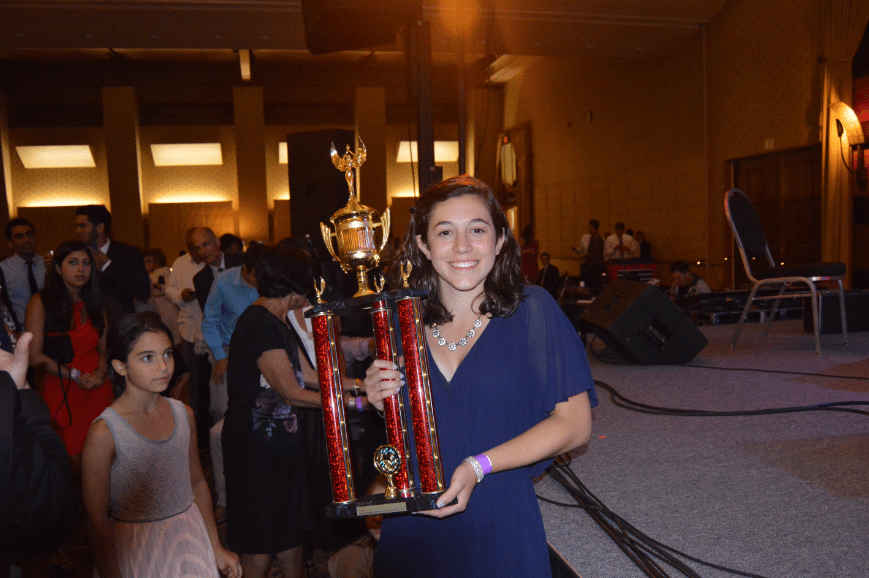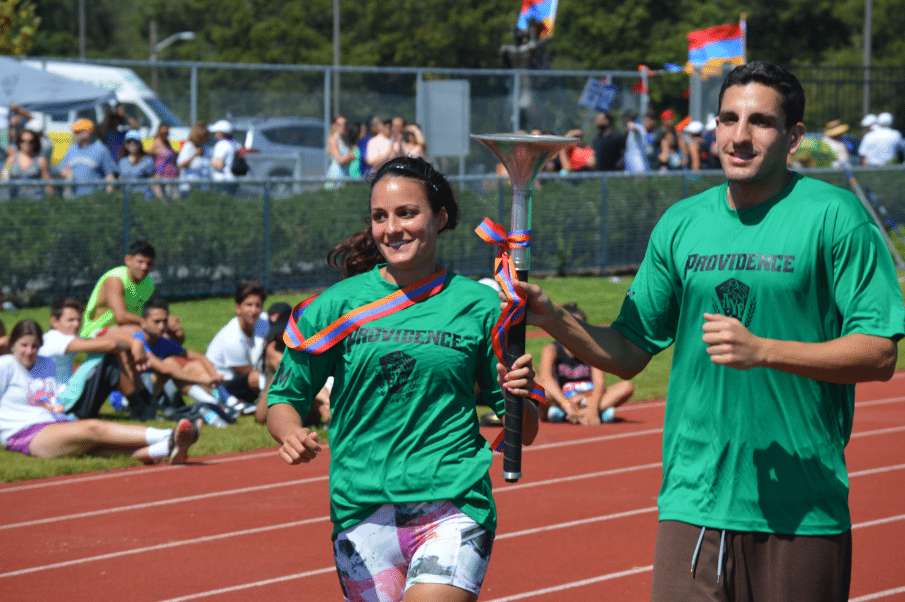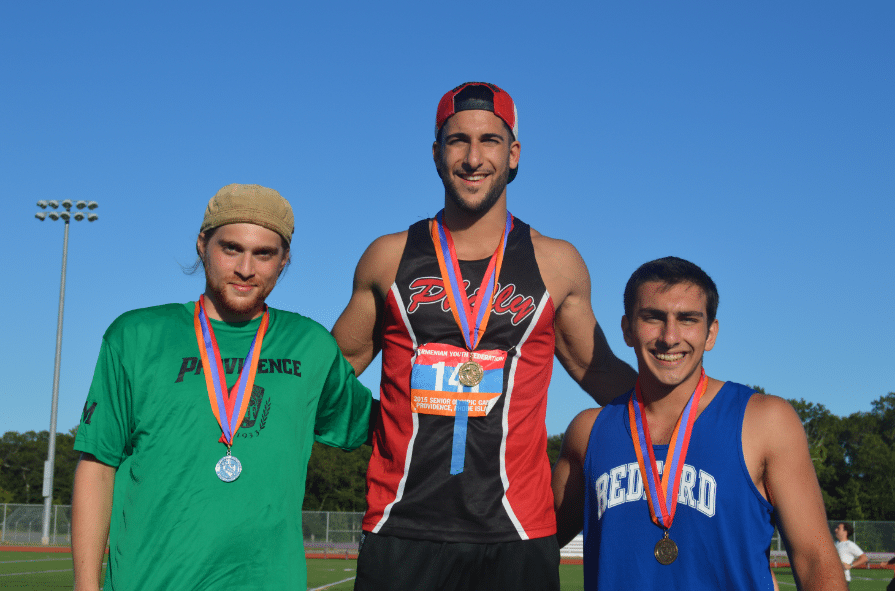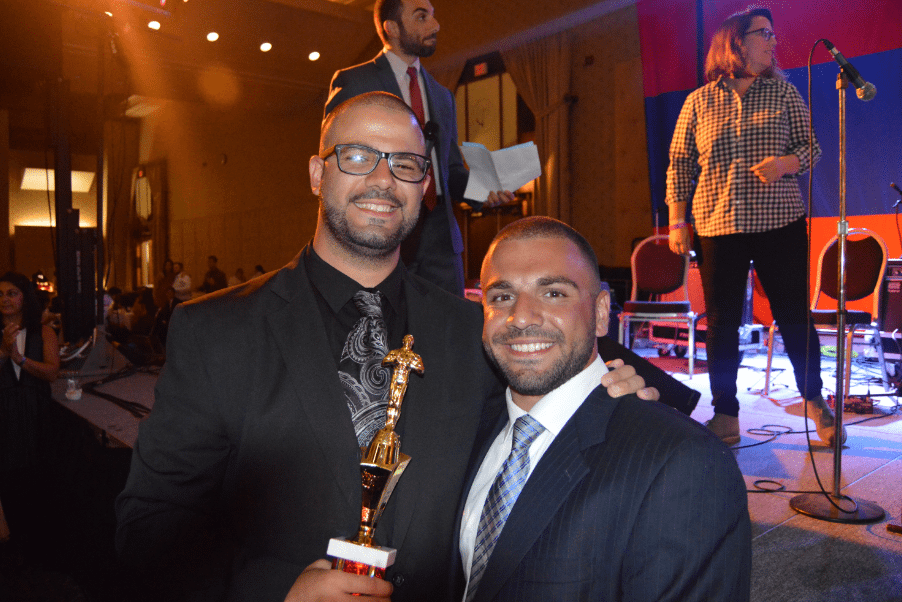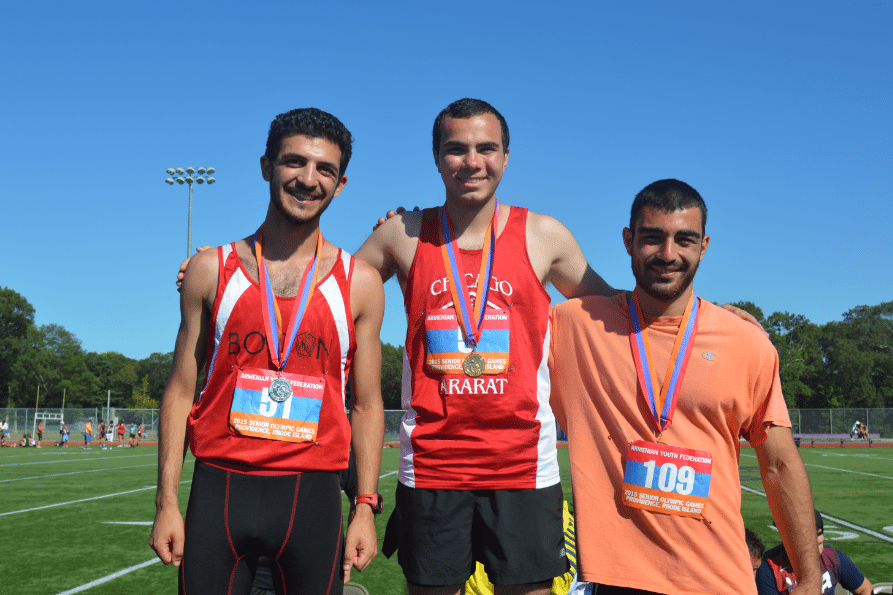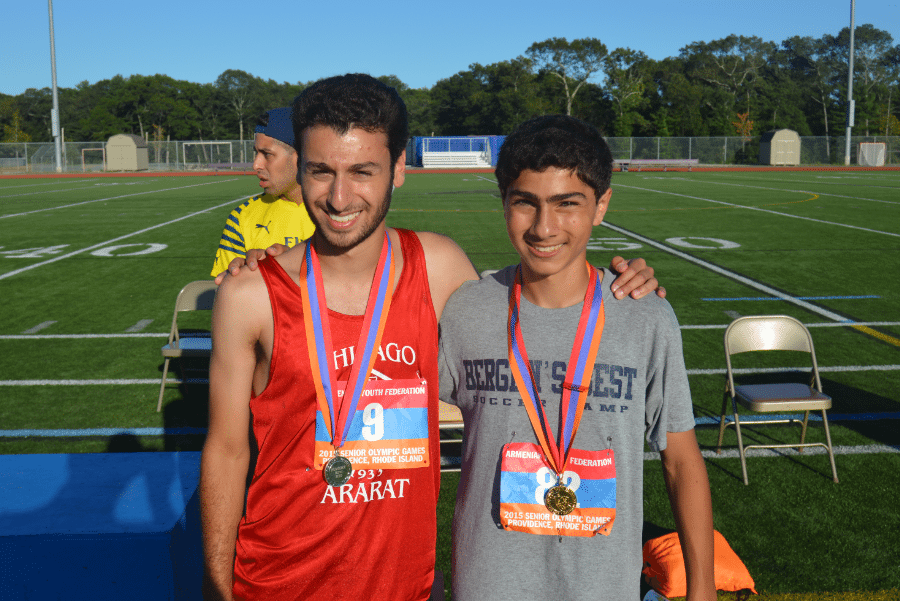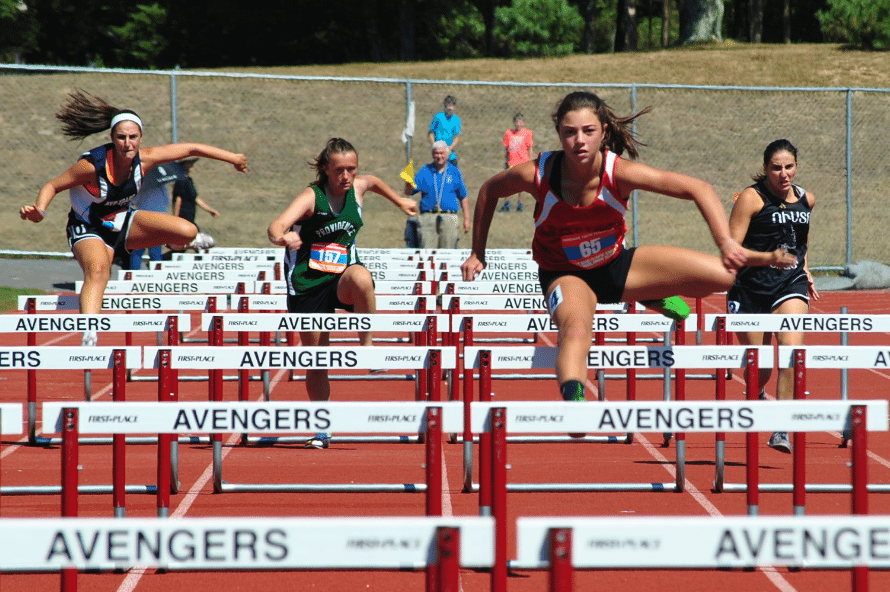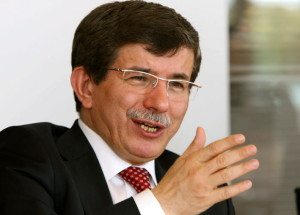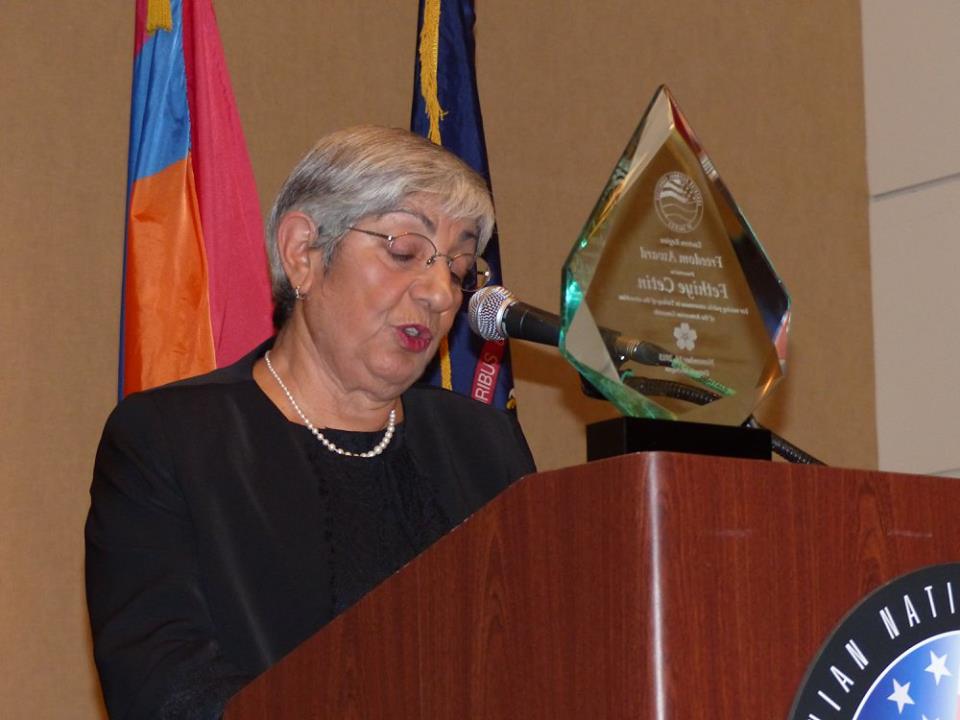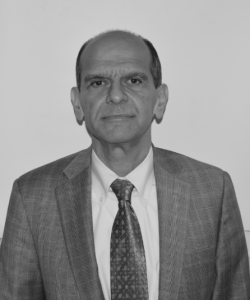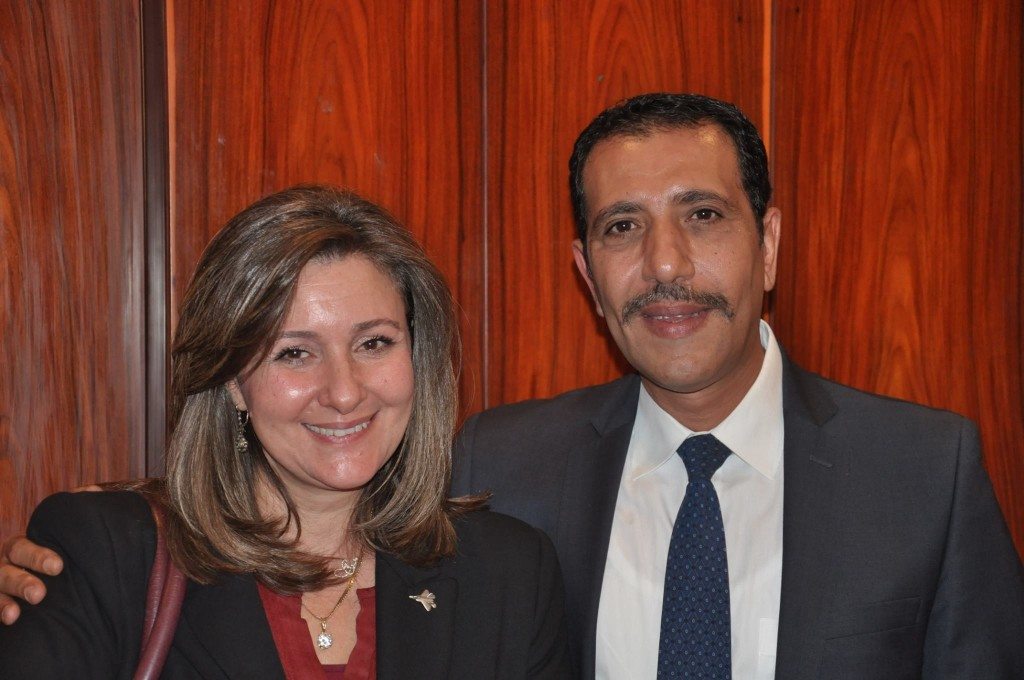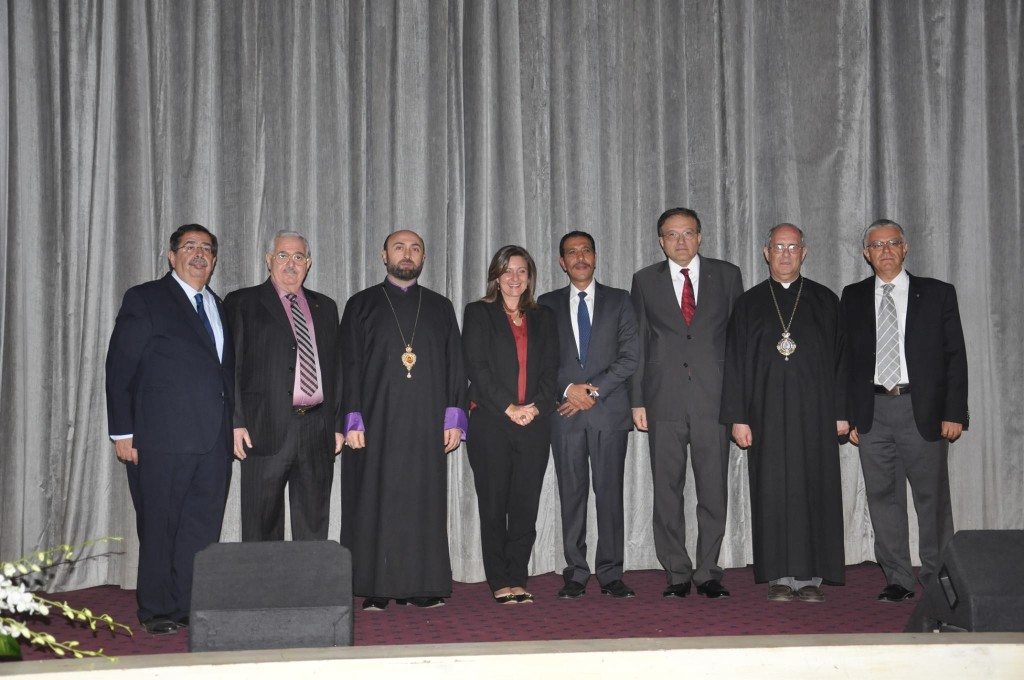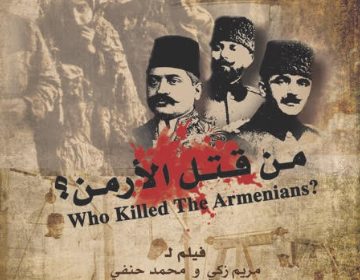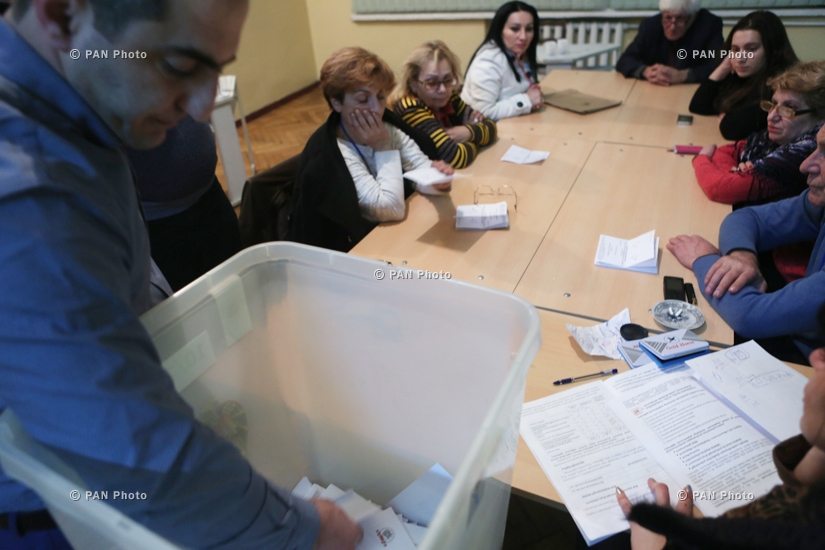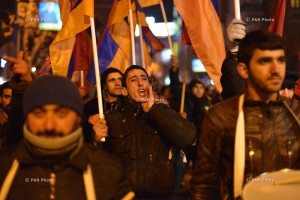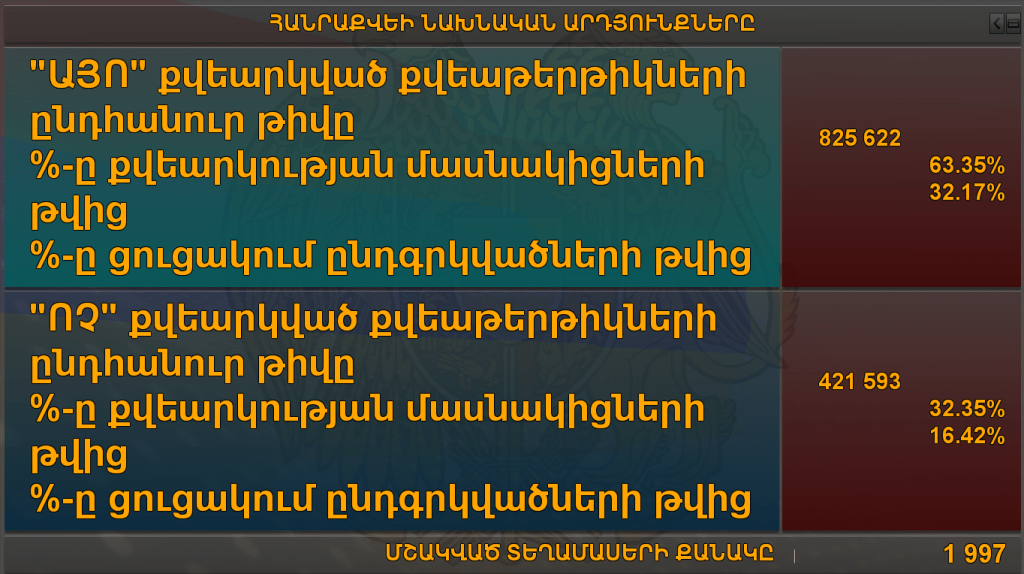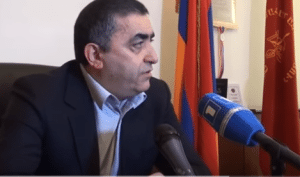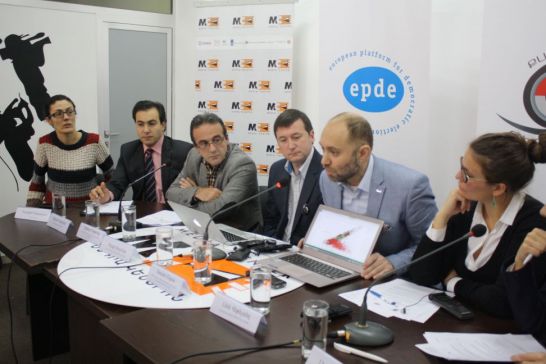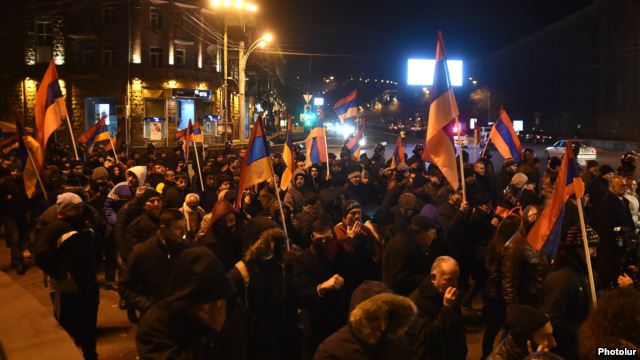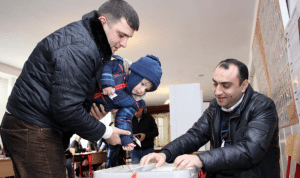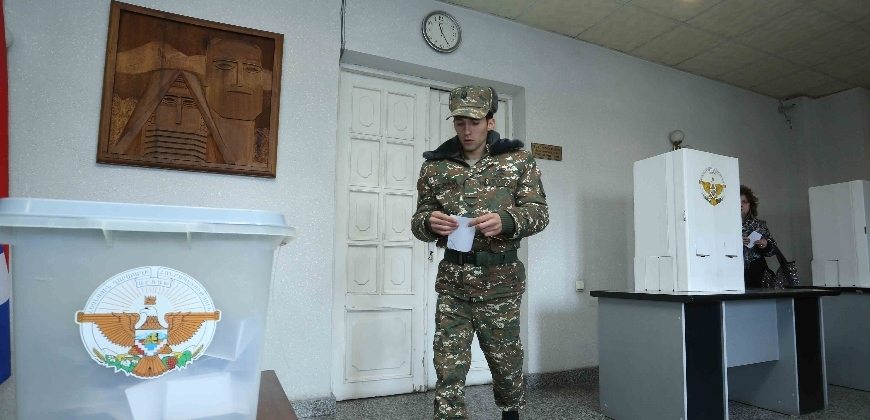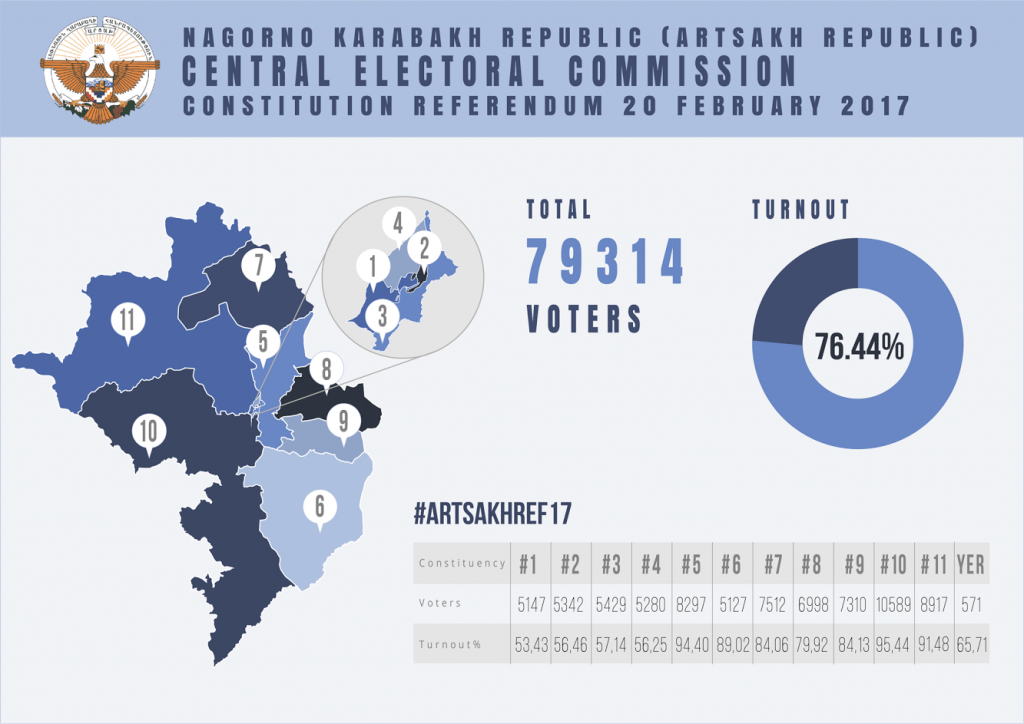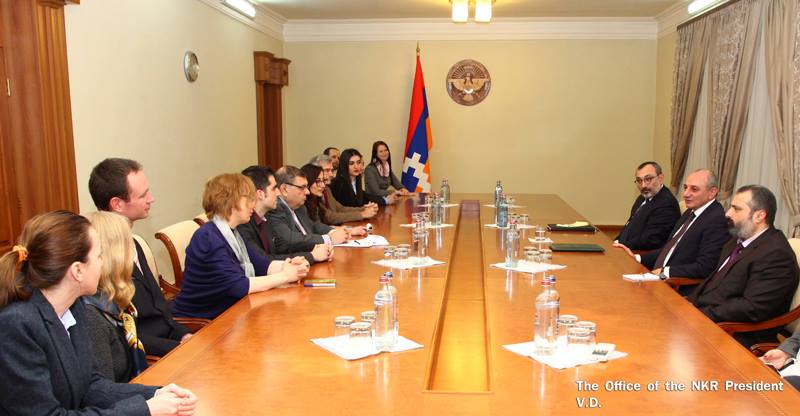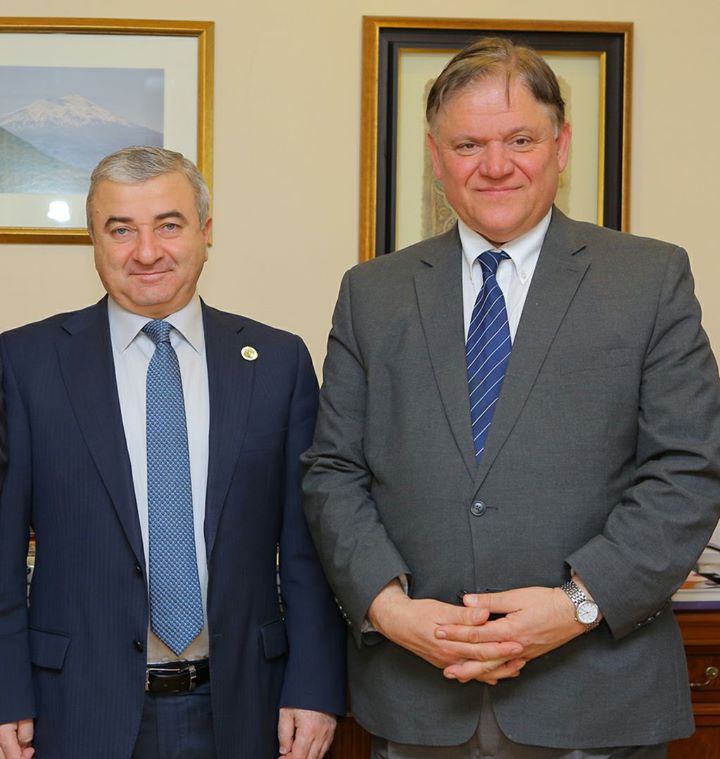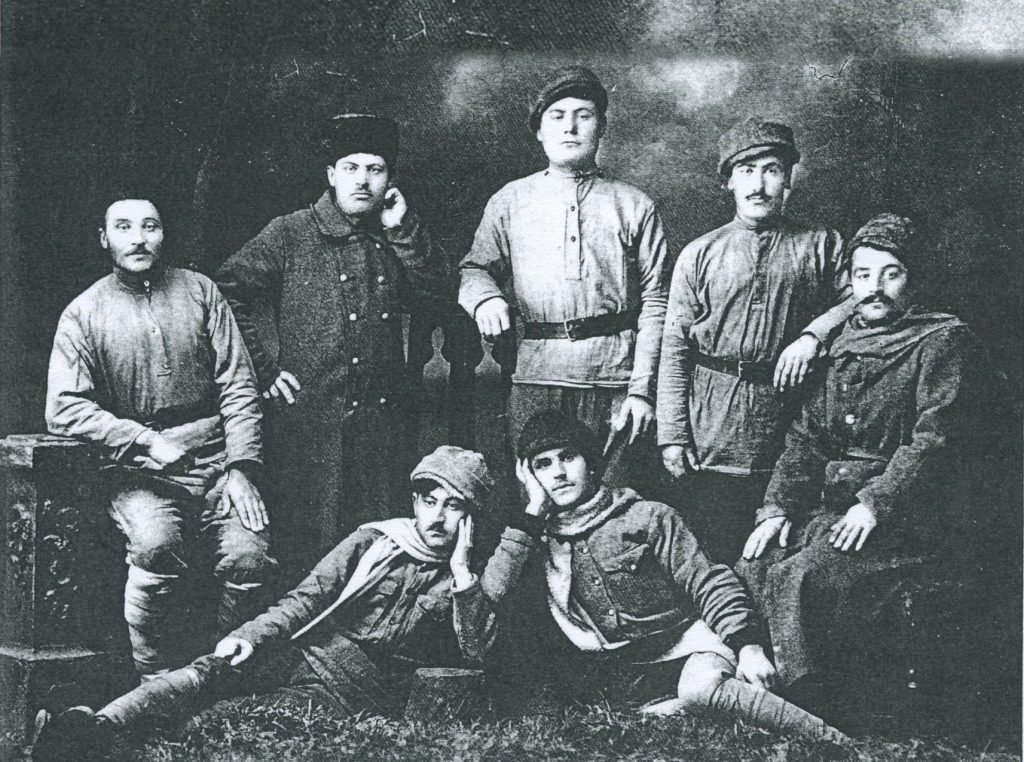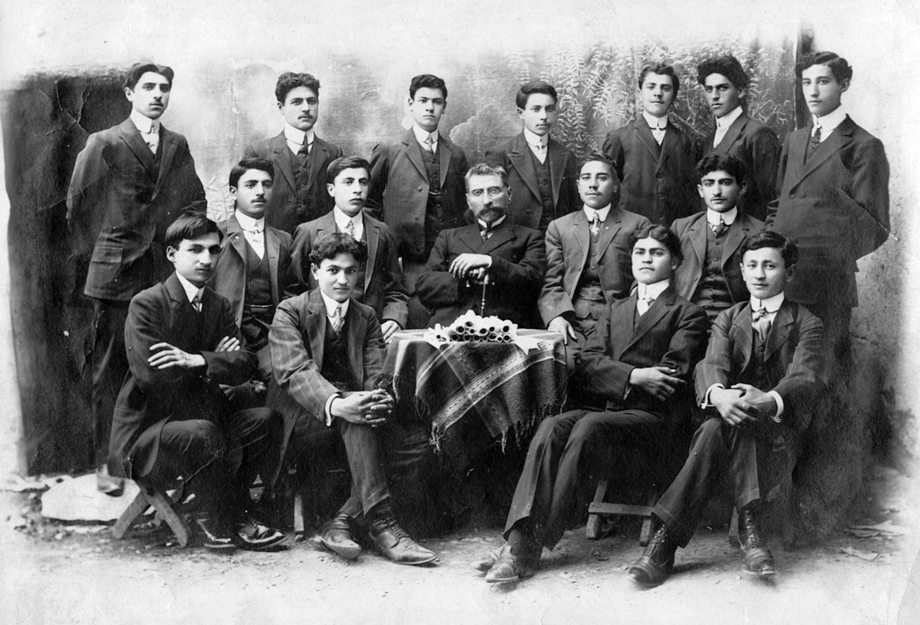Minsk Group: We Urge Azerbaijan to Accept Mechanism to Investigate Ceasefire Violations
STEPANAKERT (A.W.)—The Nagorno Karabagh Republic (NKR/Artsakh) Defense Ministry on Sept. 28 announced that its Defense Forces had responded to the aggressive actions of the Azerbaijani Army over the past week on the Armenia-Azerbaijan border. According to a statement released by the NKR Defense Ministry, Azerbaijani Armed Forces suffered more than 10 casualties and injuries. There were no casualties on the Armenian side.
Meanwhile, Armenia’s Ministry of Defense once again condemned Azerbaijan’s aggression in a statement released on Sept. 28, and warned that further escalation of violence by Azerbaijan would be detrimental to the Aliyev regime.
“Baku does not hide but instead brazenly boasts about its contemptuous undermining of international opinion and legal and humanitarian obligations. Azerbaijan’s escalation of violence on the border and incitement of the armed conflict, in essence, completely ignore the ceasefire regime, and instead employ a policy of provocation and blackmail, ultimately undermining the mediating efforts to resolve the Karabagh conflict. Despite this, Artsakh’s right for self-determination remains an irreversible fact,” read a part of the statement.
According to Azerbaijani media outlets, three Azeri servicemen were killed between Sept. 27 and 28; another serviceman was killed and three others were injured on Sept. 26. Media censorship in Azerbaijan is widespread, and the government has tight control over information disseminated within the country. Earlier this month, the Azerbaijani Defense Ministry accused certain media outlets of exaggerating the number of casualties, stating that the figures would only “serve Armenia’s interests.”
“The [ethnic] origin of some persons, who serve the Armenian interests by circulating officially unconfirmed, exaggerated, and often untrue news reports, is starting to cause suspicions,” said the ministry, hinting that the “culprits” might be of Armenian descent, according to RFE/RL. The Committee to Protect Journalists has stated that Azerbaijan is the fifth most censored country in the world.
The announcement by Armenia’s Defense Ministry came three days after four Armenian servicemen were killed in an offensive operation launched by Azerbaijan on Sept. 25. Norayr Khachatryan (b. 1995), Robert Mkrtchyan (b. 1995), Harout Hakobyan (b. 1997), and Karen Shahinyan (b. 1997) of the Artsakh Armed Forces were killed in the attack.
According to the NKR Defense Ministry, Azerbaijani forces violated the ceasefire agreement approximately 110 times on Sept. 28, using various caliber weapons, including mortars and Turkish-made TR-107 rocket launchers.
On Sept. 24, 83-year-old Parakavar resident Baydzar Aghajanyan and Berdavan residents Shushan Asatryan, 94, and Sona Revezyan , 41, were killed by Azerbaijani artillery fire that targeted Armenian border villages in Armenia’s Tavush province. Four other residents were wounded in the attack.
On Sept. 26, Armenia’s President Serge Sarkisian vowed to “expose and chase down” individuals responsible for the killings. Sarkisian further stated that the Armenian victims were killed because the international community has failed to “make Azerbaijan understand” that a path of violence cannot bring about a peaceful resolution to the conflict.
“Lacking alternatives, we ourselves will be humanity’s retributive sword against those committing these crimes. We will do it on our own as long as the civilized world is not able to find a more effective mechanism,” said Sarkisian.
Minsk Group: We Urge Azerbaijan to Accept Mechanism to Investigate Ceasefire Violations
The Organization for Security and Co-operation in Europe (OSCE) Minsk Group Co-Chairs Igor Popov (Russia), James Warlick (U.S.), and Pierre Andrieu (France), together with the Personal Representative of the OSCE Chairman-in-Office Ambassador Andrzej Kasprzyk, held a meeting with Foreign Minister of Armenia Edward Nalbandian on Sept. 24, and a separate meeting with the Foreign Minister of Azerbaijan Elmar Mammadyarov on Sept. 25. According to a statement released by the Minsk Group, the delegation also met jointly with Nalbandian and Mammadyarov to “discuss the immediate need to reduce tensions along the Line of Contact and international border, to advance negotiations on a lasting settlement, and to implement confidence-building measures.”
During the meeting, the Co-Chairs called on both the Presidents of Armenia and of Azerbaijan to accept an OSCE mechanism to investigate ceasefire violations. “Without such a mechanism, the sides will continue to blame each other for initiating deadly attacks on the Line of Contact and Armenia-Azerbaijan border. Armenia has agreed to discuss the details of the mechanism, and we urged Azerbaijan to do the same,” read a part of the statement released on Sept. 26.
“We extend our deepest condolences to the families of the deceased. An escalation of violence is not in the interest of Azerbaijanis or Armenians, or a negotiated settlement,” concluded the statement, adding, “The Co-Chairs encouraged the sides to implement people-to-people programs to build trust between societies affected by the conflict.”
Vardanyan: If Willing, Minsk Co-Chairs Have Power to Stop Innocent Deaths
On Sept. 25, Armenian Revolutionary Federation (ARF) Parliamentary faction secretary Aghvan Vardanyan noted that the Organization for Security and Co-operation in Europe (OSCE) Minsk Group co-chairing countries had the power to reduce tension on the Armenian-Azerbaijani border and prevent the killing of innocent civilians, if they so willed and proceeded to work together accordingly.
“There are two ways of resolving this. One is to meet force with greater force, which I think our army is already doing to a degree. The second is—and I am deeply convinced of this—that if the OSCE Minsk Group co-chairing countries were willing and worked together, they could at the very least sharply reduce the tension and the instigation [of violence] by the enemy, as well as prevent the killing of innocent people. Ahead of every meeting regarding the peaceful resolution of the Nagorno-Karabagh conflict, Azerbaijan resorts to such [violent] actions, in which case our hopes rest in the strength of our army,” Vardanyan was quoted as saying by YerkirMedia.
The OSCE Minsk Group released a statement on Sept. 25 condemning the recent attacks and “casualties on each side of the international border and Line of Contact.” In the statement, the OSCE Minsk Group Co-Chairs expressed their “serious concern about Armenian and Azerbaijani forces using mortars and heavy weapons in and around civilian areas.” The Group steered clear of blaming Azerbaijan for the killing of the three Armenian civilian women on Sept. 25, instead opting for what observers have called the group’s habit of projecting “artificial even-handedness” and addressing their appeal to both sides to refrain from targeting civilians. It further stated that the Group was unable to determine how the violence originated “since each side accuses the other.” However, they said the countries “should work towards an OSCE investigation mechanism as discussed between the Presidents.”

